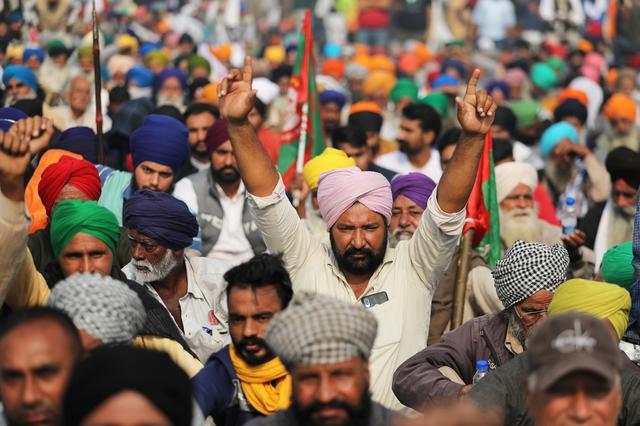This note was first published on Linkedin Pulse.
Raghuram Rajan delivered 2 brilliant lectures at the Watson institute – 1) India’s Economy: How Did We Get Here and What Can be Done? and 2) India in the World: The “Vision” Thing.
He put forth on a few points and arguments, which I thought made tremendous sense, in general, even stripped of the context of the Indian economic performance. I could definitely relate them to what I have seen and experienced over my career.
Here are 15 key takeaways from these 2 lectures…
- Steadily falling investment is the first reason for low growth.
- Significant, continued reforms are necessary. They don’t necessarily drive growth immediately, but create the future environment for strong growth.
- For sustained growth, it is critical to keep new projects going. If the number of projects initiated are falling or a whole lot of old projects are stalled, slow growth will be inevitable.
- You have to recognize the bad because, until you recognize it, you don’t do anything about it.
- Right timing is as critical as the right move.
- Uncertainty in decision making, one could argue, also causes some fall in demand.
- A bad way to run a firm is if you underpay at the top, because you don’t get much talent to run the firm.
- Extreme centralisation also puts considerable pressure on performance as the top leadership, even the most hardworking, has limited capacity
- For centralised systems to work effectively, leadership needs to put out a “consistent, articulated and coherent vision”. Else, everyone below is left guessing (uncertainty) and their follow through will be narrow. You can’t have centralisation and no vision. And no, a series of programs doesn’t mount to vision.
- Neither extreme centralisation or extreme decentralisation is effective – a good operation needs an overall framework and decentralised decision making to succeed.
- Ideas (brainwaves) cannot be implemented without testing. Broader thinking, rather than just at the top, is needed before implementation.
- Focus should be on the broader achievement of a program/vision rather than numerical targets around it.
- People respect Indian leaders not because of the force of their personality and performance, but because they represent a 1.3 billion strong market that is growing fast.
- Good innovation requires debate and free speech.
- Stress / adversity is a terrible thing to waste. It offers opportunities for substantial change. Start with the stress sectors – there is no point offering stimulus at an overall level is stress sectors hold back growth.



